« Cryptographie Post-Quantique/en » : différence entre les versions
Page créée avec « == Agenda == ==Logbook== Follow the progress of the working group through the "logbook" maintained in the community of interest. CI Cryptographie post-quantique » |
Mise à jour pour être en accord avec la nouvelle version de la source de la page Balise : Révocation manuelle |
||
| (Une version intermédiaire par le même utilisateur non affichée) | |||
(Aucune différence)
| |||
Dernière version du 4 mars 2024 à 12:20

Sensibiliser aux enjeux de la Cryptographie Post Quantique et orienter les implémentations cryptographiques vers davantage d’agilité
Catégorie : Groupe de travail Cycle : 4 Statut : En cours
Date de début : novembre 2022
Description
Quantum computing undermines current cryptography, and wipes out asymmetric cryptography. Since 2017, NIST has launched a global competition to find robust asymmetric algorithms for the era of quantum computing. The transition to such algorithms is already underway, but the standards are not yet finalized. Some devices will be able to migrate to these new algorithms, while others are not as agile. What are tomorrow's challenges? How can we achieve post-quantum cryptography today?
Goals
- Raising awareness of the challenges of Post-Quantic Cryptography
- Provide post-quantum robustness today for long-term equipment that cannot be upgraded (SIM cards, IoT, etc.).
- Propose solutions for the "quantum trigger", i.e. the moment when the quantum computer will be powerful enough to compromise all current and past exchanges secured by current asymmetric cryptography.
- Orient cryptographic implementations towards greater agility, to enable any equipment to have a satisfactory level of security at all times.
Deliverables
White book
Agenda
Logbook
Follow the progress of the working group through the "logbook" maintained in the community of interest. CI Cryptographie post-quantique
Porté par la communauté
CI Cryptographie post-quantique (Sensibiliser aux enjeux de la Cryptographie Post Quantique et orienter les implémentations cryptographiques vers davantage d’agilité.)
